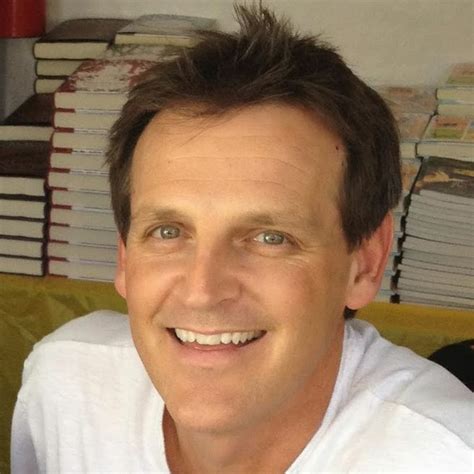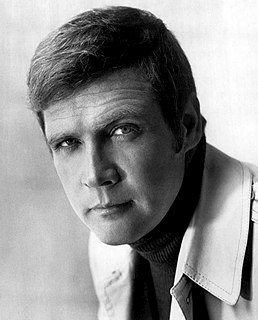A Quote by Logan Pearsall Smith
But why wasn't I born, alas, in an age of Adjectives; why can one no longer write of silver-shedding Tears and moon-tailed Peacocks, of eloquent Death, of the Negro and star-enameled Night?
Related Quotes
Then I noticed that my shadow was crying too, shedding clear, sharp shadow tears. Have you ever seen the shadows of tears, Mr. Wind-Up Bird? They’re nothing like ordinary shadows. Nothing at all. They come here from some other, distant world, especially for our hearts. Or maybe not. It struck me then that the tears my shadow was shedding might be the real thing, and the tears that I was shedding were just shadows. You don’t get it, I’m sure, Mr. Wind-Up Bird. When a naked seventeen-year-old girl is shedding tears in the moonlight, anything can happen. It’s true.
In the final exam in the Chaucer course we were asked why he used certain verbal devices, certain adjectives, why he had certain characters behave in certain ways. And I wrote, 'I don't think Chaucer had any idea why he did any of these things. That isn't the way people write.' I believe this as strongly now as I did then. Most of what is best in writing isn't done deliberately.
you once said to would like to sit beside me while I write. Listen in that case I could not write at all. For writing means revealing one self to excess; that utmost of self-revelation and surrender, in which a human being, when involved with others, would feel he was losing himself, and from which, therefore, he will always shrink as long as he is in his right mind...That is why one can never be alone enough when one writes, why there can never be enough silence around one when one writes, why even night is not night enough.
Spirit of BEAUTY, that dost consecrate With thine own hues all thou dost shine upon Of human thought or form, where art thou gone? Why dost thou pass away and leave our state, This dim vast vale of tears, vacant and desolate? Ask why the sunlight not for ever Weaves rainbows o'er yon mountain-river, Why aught should fail and fade that once is shown, Why fear and dream and death and birth Cast on the daylight of this earth Such gloom, why man has such a scope For love and hate, despondency and hope?





































